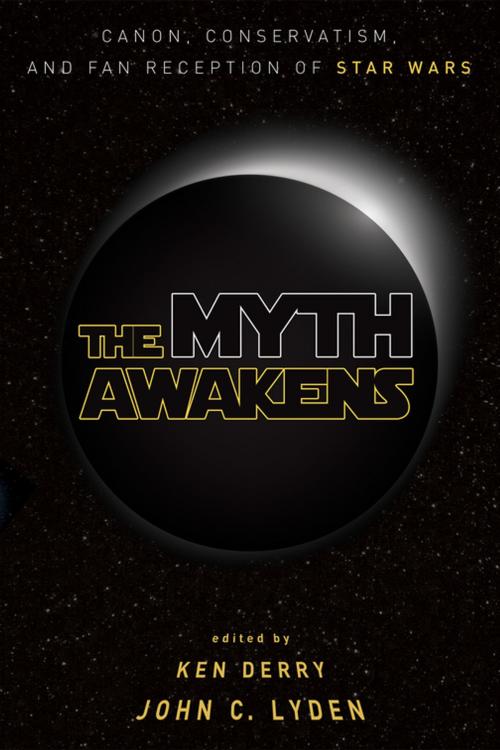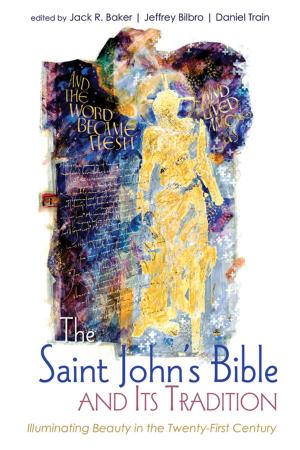The Myth Awakens
Canon, Conservatism, and Fan Reception of Star Wars
Nonfiction, Religion & Spirituality, Reference, Comparative Religion, Entertainment, Film| Author: | ISBN: | 9781498246262 | |
| Publisher: | Wipf and Stock Publishers | Publication: | September 13, 2018 |
| Imprint: | Cascade Books | Language: | English |
| Author: | |
| ISBN: | 9781498246262 |
| Publisher: | Wipf and Stock Publishers |
| Publication: | September 13, 2018 |
| Imprint: | Cascade Books |
| Language: | English |
The trailers for Star Wars: The Force Awakens made a strong impression on fans. Many were excited by what they saw as a return to the spirit of George Lucas's 1977 creation. Others--including several white supremacy groups--were upset and offended by key differences, most notably the shift away from a blond, blue-eyed, male protagonist. When the film was finally released, reactions similarly seemed to hinge on whether or not The Force Awakens renewed the "mythic" aspects of the original trilogy in ways that fans approved of. The Myth Awakens examines the religious implications of this phenomenon, considering the ways in which myth can function to reinforce "traditional" social and political values. In their analyses the authors of this book reflect on fan responses in relation to various elements of (and changes to) the Star Wars canon--including toys, video games, and novels, as well as several of the films. They do so using a variety of critical tools, drawing from studies of gender, race, psychology, politics, authority, music, ritual, and memory.
The trailers for Star Wars: The Force Awakens made a strong impression on fans. Many were excited by what they saw as a return to the spirit of George Lucas's 1977 creation. Others--including several white supremacy groups--were upset and offended by key differences, most notably the shift away from a blond, blue-eyed, male protagonist. When the film was finally released, reactions similarly seemed to hinge on whether or not The Force Awakens renewed the "mythic" aspects of the original trilogy in ways that fans approved of. The Myth Awakens examines the religious implications of this phenomenon, considering the ways in which myth can function to reinforce "traditional" social and political values. In their analyses the authors of this book reflect on fan responses in relation to various elements of (and changes to) the Star Wars canon--including toys, video games, and novels, as well as several of the films. They do so using a variety of critical tools, drawing from studies of gender, race, psychology, politics, authority, music, ritual, and memory.















